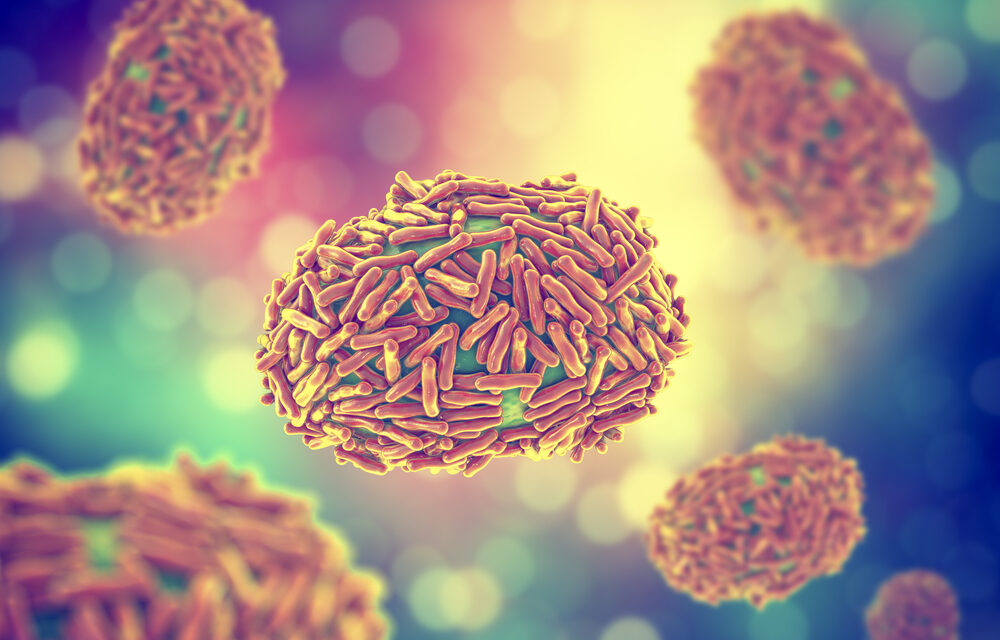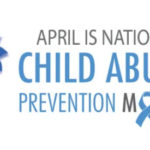Monkeypox is a rare disease caused by infection with the monkeypox virus. It is in the same family of viruses as the smallpox virus, but less contagious, has milder symptoms, and is usually not fatal. In the past, most people affected by monkeypox came from Africa. As of August 21, over 40,000 cases of monkeypox have been recorded globally and more than 14,000 cases are in the United States. With more than 80 countries reporting cases of the disease, the U.S. currently has more cases than any other country. The World Health Organization has given monkeypox global health emergency status. To date, 12 deaths have been reported due to monkeypox.
How monkeypox spreads. Monkeypox spreads through close, personal, often skin-to-skin contact with someone infected through direct contact with their rash, scabs, or body fluids; by breathing in the virus during prolonged, face-to-face contact; and from touching items used by someone infected. It can be spread from a pregnant person to the baby, from infected animals, by being bitten or scratched by the animal, and through preparing or eating meat or using products from the animal. People most likely to develop monkeypox include someone who has been in contact with someone with the disease; has had a sexual partner or multiple sexual partners diagnosed with monkeypox in the past two weeks; and health care providers or laboratory workers.
Symptoms. Symptoms usually start within three weeks from time of exposure. They include fever, headache, muscle aches and backache, swollen lymph nodes, chills, exhaustion, and a rash with sores that look like pimples or blisters that can appear on the face, inside the mouth, the hands, feet, chest, genitals, or anus. To diagnose monkeypox, your provider will ask about your symptoms and health history, look at your rash, take a sample of tissue from one of the sores for testing, and may perform blood tests to check for the virus and antibodies.
Treatments. There are no treatments specifically for monkeypox, but many people recover on their own. Protective antiviral medicines against smallpox may also help treat monkeypox, and may be recommended for individuals more likely to get severely ill, such as those with weakened immune systems.
Preventing monkeypox. Prevent monkeypox by avoiding close, skin-to-skin contact, and other risks for spreading the virus, and wash your hands often. In Central and West Africa, avoid contact with animals that spread monkeypox virus, such as rodents and primates. Also, avoid sick or dead animals, and any bedding or other materials someone affected has touched.
If you get monkeypox. If you are sick with monkeypox with an active rash and other symptoms, it is best to stay home in a separate room from your family members and pets. There are two vaccines in the U.S. to protect against monkeypox. The CDC recommends vaccination for people exposed to monkeypox or who are more likely to get monkeypox.
Watch a special television program on monkeypox on Wednesday, September 21 at 8pm or Saturday, September 24 at noon on WBBZ-TV Channel 5 or 67. See details on page 38.












